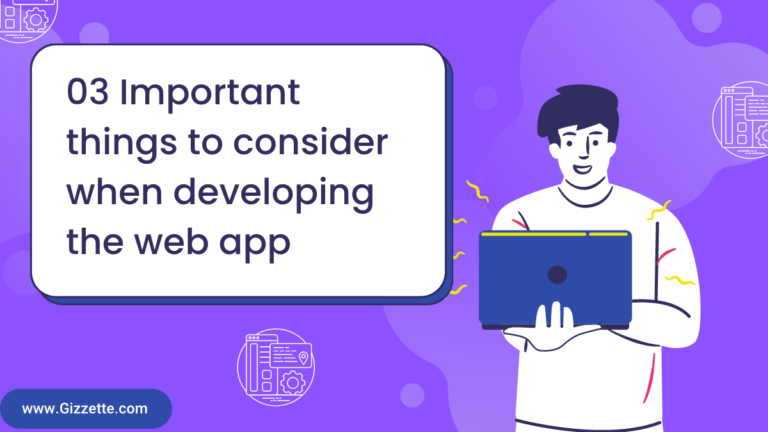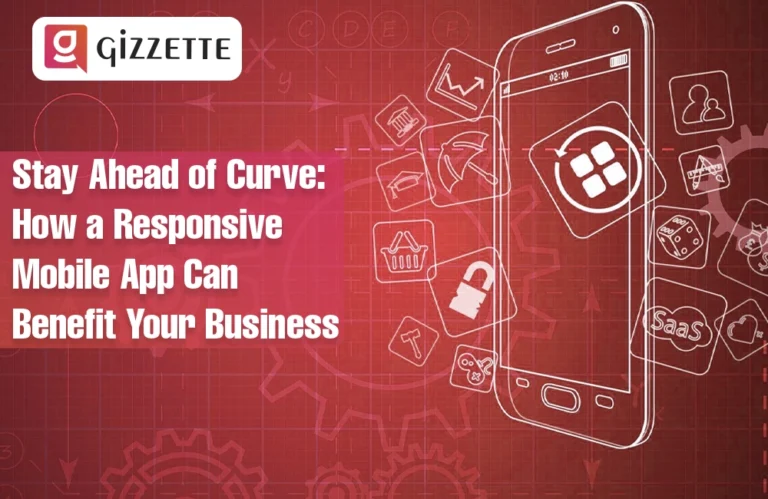The worldwide usage of mobile apps has skyrocketed during the past decade. By the end of 2022, approximately 255 billion people have downloaded mobile applications. The reason for this is that mobile apps provide significantly more benefits to clients and businesses than websites do. Because of this, the benefits of mobile apps have made companies want to make mobile apps for their customers.
This has led to a rise in the need for mobile apps across the vast majority of businesses.
When business owners want to increase their return on investment (ROI), they use apps for more than just making sure their customers’ needs are met.
You can use mobile apps for almost anything, from marketing your brand to figuring out who your audience is.
This post talks about some of the most important things to think about when figuring out how much a mobile app can benefit your business and your customers.
Recommended: Best mobile app development tech stack in 2023
Benefits of mobile applications for business

Having an app can benefit you in many different ways. Take a look at a few of them with me.
Improved Efficiency
When compared to mobile-friendly websites, mobile applications are much quicker to load. The speed of an app is unmatched by even the most well-maintained and optimized responsive mobile website. Nowadays, customers expect businesses to provide their services as quickly as possible. Customers get dissatisfied if even a small delay results in a significant financial loss.
One useful thing about apps is that they can store information locally and make it easy to get to that information. Mobile websites, unlike apps, have to retrieve data from servers far away, which increases latency and slows down speed. Using more advanced code frameworks instead of scripts also cuts down on the time it takes to make a mobile app. This whole package is what separates mobile apps from mobile websites.
Personalized interaction
Consumers have a stronger preference for individualized service. When you’re surrounded by options that are relevant to your needs, it’s much simpler to make a choice. Here is where the increased use of mobile apps comes into play. Every user is excited to form an attachment to the app because it provides timely recommendations and filtered product bargains.
The content and experience offered by mobile apps are tailored to each individual user. Apps that take into account factors like user demographics, location, language, and interests can provide a truly personalized and satisfying experience. The mobile app also allows users to adjust various settings to their liking. This helps the eCommerce industry get in touch with specific customers who want to buy certain things.
Ability to Function Both Online and Off
The fascinating feature of mobile apps is their availability even when the user is not connected to the internet. In addition, all of its features are readily available at your fingertips. Because it stores necessary data locally, it can function capably whether connected to the internet or not. And this is the key feature that separates mobile apps from the competition.
Providing the service in a non-online setting also creates a smooth experience for the customer. Users can look at information, check their wish lists, and see what deals are available even if they can’t connect to the internet. Consistent and dependable user engagement is achieved, allowing for mobile commerce.
Utilize Device Features
There is no disruption in functionality when using a mobile app with native device functionality. This creates a fantastic opening for fruitful interaction with the audience. To facilitate the service, apps may request access to the user’s camera, location services, payment processors, etc.
The service quality of a mobile app can also be improved by adding security and alert features. As a result, by taking advantage of each mobile device’s distinct advantages, e-commerce apps may give customers a truly remarkable shopping experience.
Real-time notifications and updates
With this in mind, it’s easy to see why many online stores are opting to create their own mobile apps. The use of push notifications is a fantastic method of converting visitors into paying clients. This feature is helpful because it lets users know about all the latest sales, no matter what they are interested in.
The next incredible opportunity to involve customers is through in-app notifications. It regularly informs customers of future sales and new discounts. And by looking at customers’ habits, businesses can make sure their products meet the needs of each customer.
Branding Opportunities
Mobile apps promote the business and its products. It offers limitless potential for interacting with customers on multiple fronts. Apps can aid in increasing brand awareness in a number of ways, from the creative process to the execution of marketing and PR plans. Maintaining a noticeable presence in the minds of your target audience requires constant, high-quality service that satisfies their needs.
Additionally, mobile apps allow the user’s desired service to be pumped straight to them. The service can be completed more quickly and with less effort. In this way, brands serve as a means of maintaining an emotional bond with consumers.
Value and Efficiency
Apps for mobile devices are a fantastic way to save money while increasing efficiency. With apps, businesses and customers can talk to each other directly, cutting out the need for expensive middlemen. As an added bonus, they can have direct conversations via software. In the long run, this improves productivity.
Also, mobile apps make it possible for the marketing campaign to be run without any outside consultations or integrations. Also, if your customers post about the deals on their own walls, they can become your best social media marketers. As a result, you save a lot of money on advertising and promoting your brand name.
Effective Communication with the User
Modern consumers value fully engrossing adventures. Therefore, mobile applications are the perfect way to provide such a stimulating shopping experience without forcing customers to leave the convenience of their homes. Mobile apps can use the platform’s unique user interface (UI) in a lot of different ways to get people to use them. Specifically, businesses can gain customers’ trust by making the buying process more interesting and fun.
Advanced Optimization Potential
A mobile app’s competitive edge is more fluid and adaptable than Google’s ranking principles. You can improve the search engine rankings of your app and website by making the app’s content and features easier to use.
To further increase your chances of connecting with users, you should optimize your apps in app stores using effective SEO strategies and relevant keywords.
Conclusion
As we’ve covered, mobile applications offer a number of benefits beyond those of a website. In the realm of e-commerce, mobile apps are revolutionizing the industry as a whole as new technologies emerge. Using machine learning and other forms of artificial intelligence opens the door to new ways to provide great customer service.
Plus, improvements in how devices work and how people can interact with them have taken online shopping to a whole new level. Therefore, in this day and age, every eCommerce vendor should prioritize a mobile app. It’s useful for making the most of the market’s potential all at once.







Leave a Comment